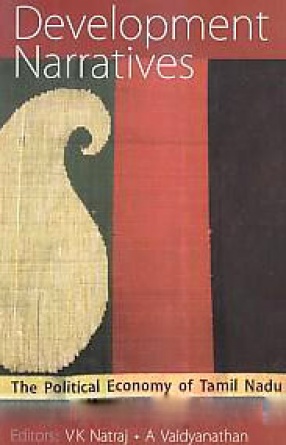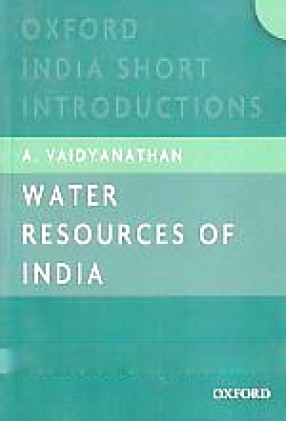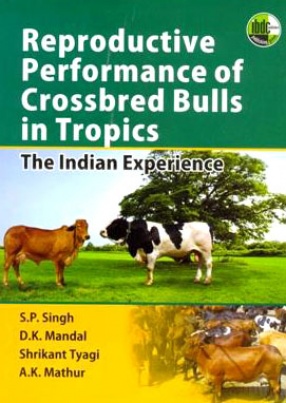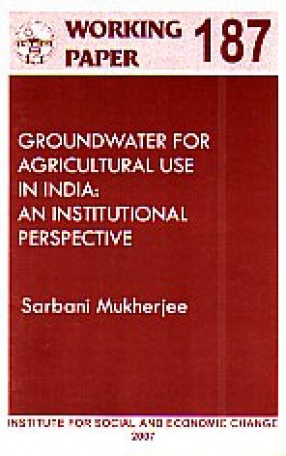The irrigation tanks of South India embody an ancient and rich tradition of harnessing local rainfall and stream flow for agriculture. For long these were the dominant source of irrigation. The advent of largescale storages and energised pumping have overshadowed these tanks in recent decades. Resources allocated towards maintaining the existing tanks in good condition and construction of new ones is but a small fraction of the outlay on canal systems, wells and tubewells. The significance of these tanks as successful examples of local effort and community management, their potential in facilitating the flexible and more effective use of resources available when integrated with large water systems have not received adequate recognition. Nor have the lessons these tank management systems hold for successful implementation of community participation in water management. There are few systematic and detailed studies of the present state of the tanks, how they are managed and how their working has adapted to changing conditions. Tanks of South India provides an overview of the evolution and role of tank irrigation in Andhra, Karnataka and Tamil Nadu. This is an attempt to fill the gap. The findings are interesting: surveys of selected tanks belie the impression of widespread decay and decline. Though in varying states of disrepair with institutions managing them having changed and even weakened due to demographic pressure, social composition of land ownership and the spread of well irrigation, all the tanks surveyed are operational. Maintenance and water allocation continues to be managed by informal community institutions active in a large majority of them. Tanks of South India provides an idea of the variations between and within tanks, in the distribution of water to different segments of the command and in productivity. The study confirms that tank communities are active and functioning. That they deserve much greater attention in water resource development. The book sets out the agenda of action to revive, expand and revitalise these works to achieve better balance between large and small works, and facilitate more flexible, equitable and efficient use of water with user communities playing a central role.
Development Narratives: The Political Economy of Tamil Nadu
The papers in the volume ...
$67.50
$75.00







There are no reviews yet.